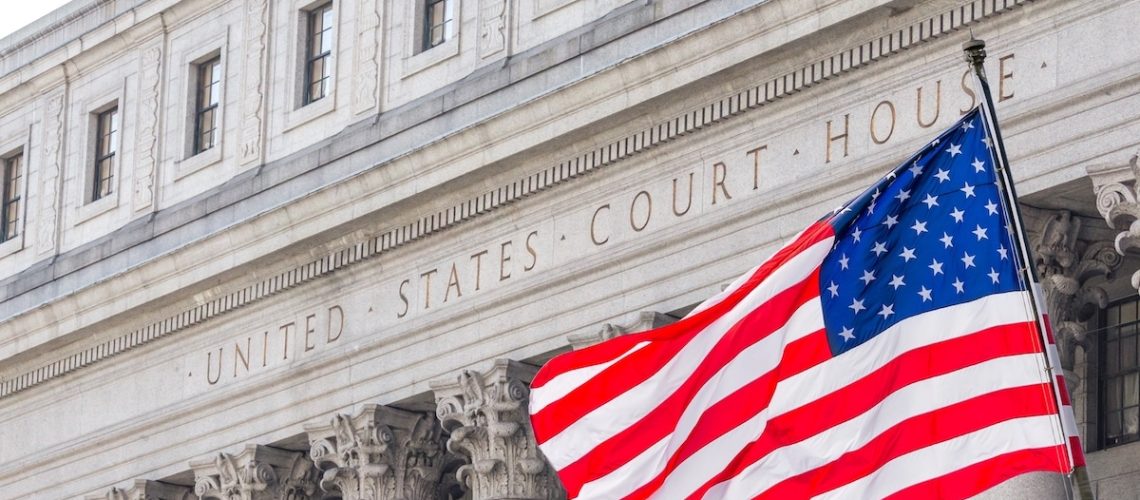A recent court ruling in California has garnered national attention after a white teacher successfully sued his local teachers’ union over alleged racial discrimination.
The case, brought forward by Isaac Newman, a history teacher in the Elk Grove Unified School District, challenged the legality of a union position reserved exclusively for members who identify as Black, Indigenous, and People of Color (BIPOC). Newman’s victory is being hailed as a significant legal win against race-based discrimination in labor organizations.
Background: The BIPOC-Only Seat
The controversy began in 2023, when the Elk Grove Education Association (EGEA), a local affiliate of the National Education Association (NEA), created an executive board seat designated as “BIPOC At-Large.” The seat was meant to provide representation for racial minorities within the union’s leadership. However, the nomination process required candidates to identify as members of certain racial groups, effectively excluding individuals like Newman, who is white, from running.
Newman, a ten-year veteran of the union, found himself unable to apply for the position. “Race-based discrimination is both immoral and illegal, yet my union has decided to segregate its ranks by imposing a racial litmus test as a requirement to run for this board seat,” Newman said in his lawsuit.
He argued that this exclusion was a violation of Title VII of the Civil Rights Act of 1964, which prohibits labor organizations from discriminating on the basis of race, and California’s Fair Employment and Housing Act (FEHA), which provides similar protections at the state level.
The Legal Battle: A Challenge to DEI Policies
Newman filed the lawsuit with the assistance of the Fairness Center, a nonprofit public interest law firm that specializes in defending individuals harmed by union practices. The lawsuit aimed to dismantle the race-based qualification for the union board position, labeling it as a form of racial segregation that has no place in a public labor organization.
“Union officials apparently believe that the best solution to America’s shameful history of discrimination is more discrimination,” Newman said, highlighting what he viewed as the hypocrisy of such policies.
His legal argument centered around the principle that the BIPOC-only seat amounted to racial exclusion, and that the union, even as a private organization, could not circumvent anti-discrimination laws. The case invoked not only the Civil Rights Act and FEHA, but also broader principles of equality enshrined in the U.S. Constitution.
The Court Ruling: A Victory for Equality
In September 2024, the court sided with Newman, ruling that the BIPOC-only seat was indeed discriminatory. The EGEA quickly complied with the ruling, dissolving the racially exclusive seat and committing to non-discriminatory practices for future leadership roles. In addition to eliminating the position, the court ordered the union to pay Newman $12,000 in damages, as well as covering his legal fees.
The court’s decision sent a strong message regarding race-based quotas and DEI (Diversity, Equity, and Inclusion) policies in public-sector unions. Nathan McGrath, president and general counsel for the Fairness Center, said of the ruling, “Isaac’s win affirms that unions don’t get a pass on anti-discrimination law.” He emphasized that the victory not only served Newman but could set a precedent for challenging similar practices in other unions across the country.
Implications for the Future of Union Leadership
The case has broader implications for how unions, especially those in public education, will navigate the delicate balance between promoting diversity and avoiding discriminatory practices. The creation of a race-specific leadership position was seen by the union as a way to amplify underrepresented voices within their ranks. However, the court’s decision highlights the legal and ethical challenges of using racial criteria to achieve diversity goals.
Critics of the ruling argue that such positions are necessary to address historical inequities and ensure that racial minorities have a seat at the table. On the other hand, opponents, like Newman, believe that race should never be the determining factor in leadership selection. They argue that merit and equal representation, regardless of skin color, are more effective paths toward true inclusion.
In a statement following the ruling, Newman expressed his satisfaction with the outcome, saying, “I’m delighted that my lawsuit forced union officials to admit something every high school student knows: Racial segregation is wrong.”
He further announced plans to donate the monetary award to a local scholarship fund for students in the Elk Grove community, demonstrating his commitment to education and equality beyond his personal legal battle.
This article was first published on Pulse of Pride.
Feature photo credit: Shutterstock/ mariakray. The images used are for illustrative purposes only and may not represent the actual people or places mentioned in the article.
For transparency, this content was partly developed with AI assistance and carefully curated by an experienced editor to be informative and ensure accuracy.

